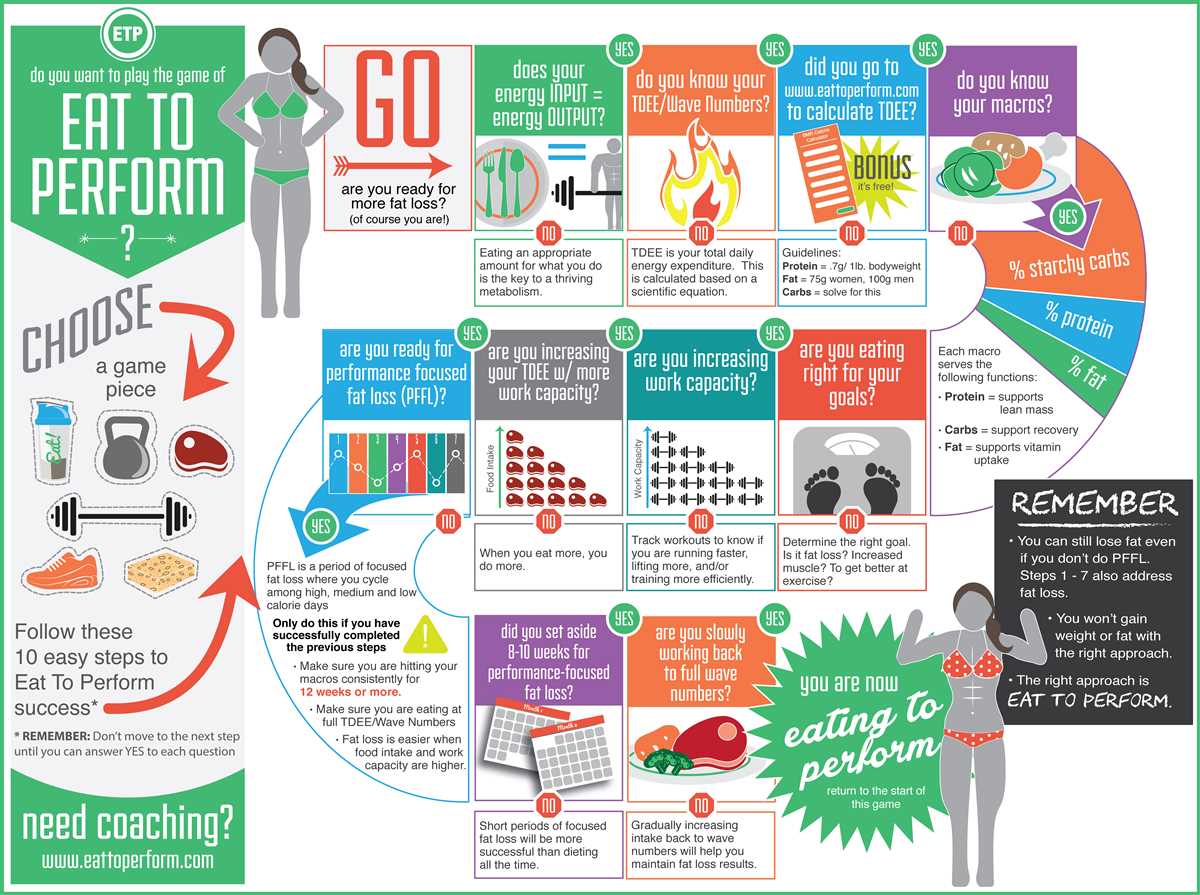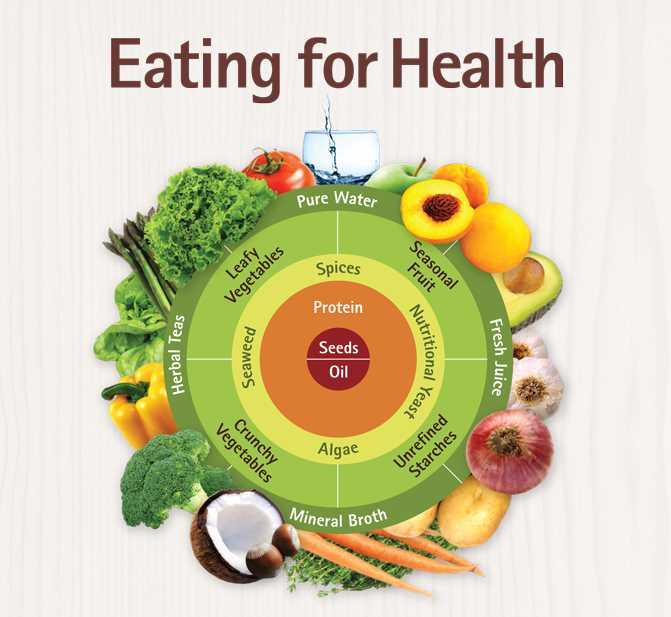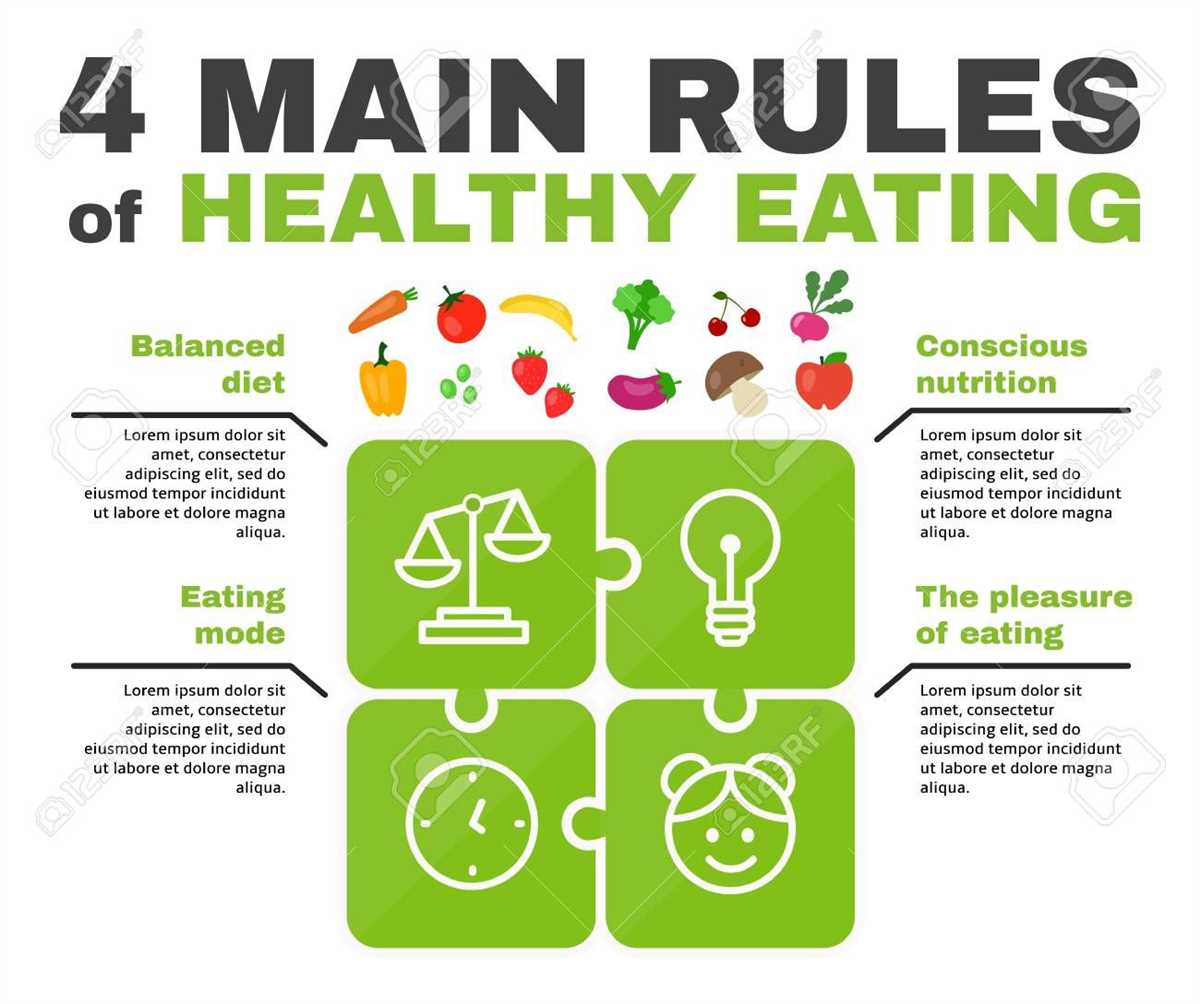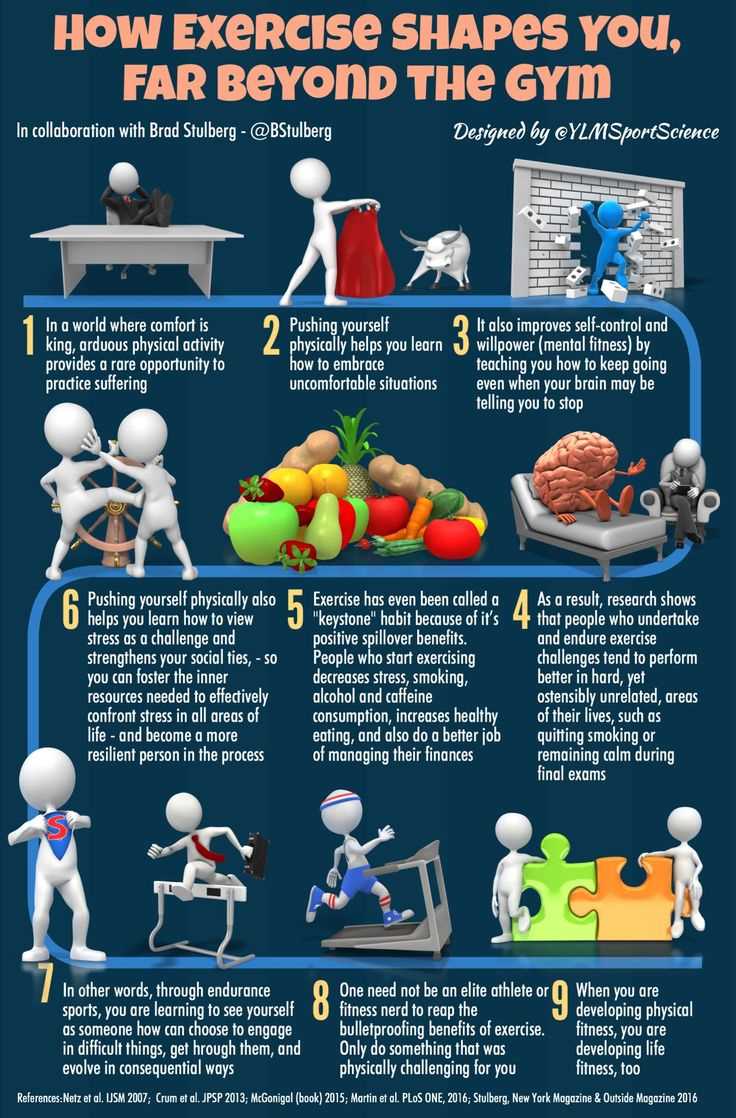
As the final exam for any subject approaches, students often feel a mix of excitement and anxiety. The same goes for the final exam of a health fitness and nutrition course. This exam is designed to test a student’s understanding of various topics related to health, fitness, and nutrition, and to evaluate their ability to apply that knowledge to real-life situations. It covers a wide range of subjects, from the basics of nutrition to advanced concepts in exercise physiology.
One of the key areas covered in this final exam is the importance of maintaining a balanced diet and understanding the role that nutrition plays in overall health. Students will be expected to demonstrate their knowledge of essential nutrients, such as carbohydrates, proteins, and fats, and explain how they contribute to the body’s functions. They will also need to understand the importance of vitamins, minerals, and water, and how they affect various body systems.
In addition to nutrition, the final exam will test students’ knowledge of fitness and exercise. This includes understanding the different components of fitness – aerobic endurance, muscular strength, flexibility, and body composition – and how they can be improved through regular exercise. Students will need to be able to design a well-rounded exercise program that includes cardiovascular activities, strength training, and flexibility exercises.
Overall, the final exam for a health fitness and nutrition course aims to assess a student’s understanding of the key concepts and principles related to health, fitness, and nutrition. It requires students to apply their knowledge to practical scenarios and demonstrate their ability to make informed decisions about their own health and wellness. By successfully completing this exam, students will have gained the necessary knowledge and skills to lead a healthy lifestyle and make informed choices about their diet and exercise habits.
The Importance of Health, Fitness, and Nutrition
In today’s fast-paced and hectic world, it can be easy to neglect our health and well-being. However, taking care of our bodies through proper nutrition and regular exercise is essential for maintaining optimal health and preventing diseases.
Health is the foundation of a fulfilling life. When we are in good health, we have more energy, we are able to think more clearly, and we are generally happier. Fitness plays a crucial role in maintaining good health. Regular physical activity helps to strengthen our muscles, improve cardiovascular health, and enhance our overall immune system. It reduces the risk of chronic conditions such as obesity, diabetes, and heart disease.
Nutrition is another key component of a healthy lifestyle. The food we consume provides our bodies with the necessary nutrients, vitamins, and minerals it needs to function properly. A balanced diet that includes a variety of fruits, vegetables, lean proteins, and whole grains is essential for optimal nutrition. By fueling our bodies with the right foods, we can improve our energy levels, support our immune system, and maintain a healthy weight.
In conclusion, prioritizing health, fitness, and nutrition is crucial for leading a happy and fulfilling life. By taking care of our bodies, we can improve our overall well-being, prevent diseases, and enhance our quality of life. It is never too late to start making positive changes and investing in our health. Start today by making small, manageable changes to your lifestyle and see the significant benefits it can bring.
Understanding the Link Between Physical and Mental Health

Physical and mental health are closely interconnected, with each influencing the other in significant ways. It is important to recognize that the state of our physical health can impact our mental well-being and vice versa.
Regular exercise plays a crucial role in maintaining both physical and mental health. Engaging in physical activity releases endorphins, also known as the “feel-good” hormones, which can help alleviate symptoms of depression and anxiety. Exercise also promotes better sleep, reduces stress levels, and improves overall cognitive function.
On the other hand, a decline in physical health can have detrimental effects on mental well-being. Chronic physical illnesses, such as heart disease or diabetes, can lead to increased feelings of stress, depression, and anxiety. Pain and discomfort caused by physical ailments can also disrupt sleep patterns and interfere with daily activities, further contributing to mental health challenges.
It is essential to adopt a holistic approach to healthcare that recognizes the interconnectedness of physical and mental health. People should strive to maintain a balanced lifestyle that includes regular exercise, a nutritious diet, and sufficient sleep. Seeking professional help when needed and actively managing and treating physical illnesses can also greatly contribute to mental well-being.
In conclusion, understanding the link between physical and mental health is crucial for promoting overall well-being. By recognizing the impact that physical health has on mental well-being and vice versa, individuals can take proactive steps to maintain a healthy balance and seek appropriate support when needed.
Key Components of a Healthy Diet
Eating a healthy diet is essential for maintaining good health and preventing chronic diseases. There are several key components that should be included in a balanced and nutritious diet.
1. Macronutrients: Macronutrients are the nutrients that our bodies need in large amounts to function properly. These include carbohydrates, proteins, and fats. Carbohydrates are the main source of energy and should make up about 45-65% of your daily calorie intake. Proteins are essential for building and repairing tissues, and should make up about 10-35% of your daily calorie intake. Fats are important for hormone production, insulation, and protecting organs, and should make up about 20-35% of your daily calorie intake.
2. Micronutrients: Micronutrients are the nutrients that our bodies need in smaller amounts but are still essential for overall health. These include vitamins and minerals. Vitamins help regulate bodily functions and support growth and development. Minerals are necessary for various bodily functions, such as bone health and immune system function. It is important to consume a variety of fruits, vegetables, whole grains, lean proteins, and dairy products to ensure you are getting an adequate intake of these micronutrients.
3. Fiber: Fiber is an important component of a healthy diet as it aids in digestion, helps maintain a healthy weight, and reduces the risk of certain diseases, such as heart disease and diabetes. It is recommended to consume about 25-30 grams of fiber per day. Good sources of fiber include fruits, vegetables, whole grains, legumes, and nuts.
4. Hydration: Drinking enough water is crucial for maintaining good health. Water helps regulate body temperature, aids in digestion, and supports overall bodily functions. It is recommended to drink at least 8 glasses of water per day, or more if you are physically active or in hot weather.
5. Moderation: In addition to consuming the right nutrients, it is important to practice moderation when it comes to certain foods and beverages. Limiting the intake of sugary drinks, processed foods, and foods high in saturated fats, trans fats, and sodium can help prevent chronic diseases and promote overall health.
By incorporating these key components into your diet, you can promote good health, maintain a healthy weight, and reduce the risk of chronic diseases.
Benefits of Regular Exercise for Physical Fitness

Regular exercise is crucial for maintaining and improving physical fitness. Engaging in regular physical activity can lead to a wide range of benefits, both physical and mental. Here are some of the key advantages of regular exercise:
- Improved cardiovascular health: Regular exercise helps strengthen the heart and improves blood circulation, reducing the risk of cardiovascular diseases, such as heart attacks and strokes.
- Weight management: Physical activity helps burn calories and maintain a healthy weight. It can also help in losing excess weight by increasing metabolism and promoting fat loss.
- Increased strength and endurance: Regular exercise, including strength training and aerobic activities, helps build muscle strength and endurance, improving overall physical performance and stamina.
- Better flexibility and mobility: Stretching exercises, such as yoga and Pilates, can improve flexibility, allowing for better range of motion and preventing injuries.
- Enhanced mental well-being: Exercise promotes the release of endorphins, known as “feel-good” hormones, which can reduce stress, anxiety, and depression. It also improves cognitive function and enhances overall mental clarity and focus.
- Reduced risk of chronic diseases: Regular physical activity can lower the risk of developing chronic conditions, such as type 2 diabetes, high blood pressure, and certain types of cancer.
These are just a few of the many benefits of regular exercise for physical fitness. It is important to find activities that you enjoy and make exercise a part of your daily routine for long-term health and well-being.
Effective Strategies for Weight Loss and Body Composition

When it comes to weight loss and improving body composition, it is important to follow a combination of effective strategies. These strategies should focus on creating a calorie deficit, increasing physical activity, and making healthy food choices.
1. Calorie deficit: One of the most important aspects of weight loss is creating a calorie deficit. This means consuming fewer calories than your body needs to maintain its current weight. To achieve a calorie deficit, you can reduce your portion sizes, choose lower calorie foods, and track your daily calorie intake.
2. Physical activity: Regular physical activity is crucial for weight loss and improving body composition. Engaging in activities that increase your heart rate and burn calories can help you shed pounds and build lean muscle. Incorporate a variety of exercises such as cardio, strength training, and flexibility exercises into your routine.
3. Healthy food choices: Making nutritious food choices is essential for weight loss and improving body composition. Focus on consuming whole foods that are rich in nutrients and low in calories. Include plenty of fruits, vegetables, lean proteins, and whole grains in your diet. Avoid or limit processed foods, sugary drinks, and unhealthy fats.
4. Portion control: Paying attention to portion sizes is key for weight loss and achieving a balanced body composition. Use measuring cups or a food scale to accurately portion out your meals. Additionally, practice mindful eating by listening to your body’s hunger and fullness cues.
5. Consistency and patience: Lastly, remember that weight loss and improving body composition take time and consistency. Be patient with yourself and maintain a healthy lifestyle for long-term success. Celebrate small victories along the way and stay motivated by setting realistic goals.
Role of Nutrition in Sports Performance

Proper nutrition plays a vital role in enhancing sports performance. Athletes require a well-balanced diet that provides them with the necessary nutrients to fuel their bodies, support muscle growth and repair, and enhance overall endurance and strength.
Athletes need to consume an adequate amount of carbohydrates, which are the body’s primary source of energy. Carbohydrates are stored in the muscles and liver as glycogen and are essential for maintaining optimal performance during physical activities. Additionally, consuming enough protein is crucial for muscle repair and growth. Protein helps to repair damaged muscle tissues that occur during intense exercise and promotes the development of lean muscle mass.
- Athletes should also focus on consuming a variety of vitamins and minerals.
- Vitamins such as vitamin C, vitamin E, and B-complex vitamins are important for promoting overall health and supporting the immune system, which is vital for athletes.
- Minerals like iron, calcium, and magnesium are essential for maintaining strong bones and preventing injuries.
Hydration is another critical aspect of nutrition for athletes. Staying properly hydrated helps to regulate body temperature, transport nutrients to cells, and remove waste products. Athletes should consume an adequate amount of water before, during, and after physical activity to prevent dehydration and maximize performance.
Overall, nutrition plays a significant role in sports performance. By providing the body with the right combination of nutrients, athletes can enhance their endurance, strength, and overall athletic performance. Proper nutrition not only fuels the body but also supports muscle growth, repairs damaged tissues, and helps in maintaining overall health and well-being.
Common Myths and Misconceptions about Health and Fitness
When it comes to health and fitness, there are many myths and misconceptions that can confuse and mislead individuals. These myths often stem from outdated information or misinformation spread through popular culture. It’s important to debunk these myths and get accurate information to make informed decisions about our health.
One common myth is that weightlifting will make you bulky and masculine. In reality, weightlifting can help increase muscle tone and definition, but it does not automatically result in bulkiness. The appearance of muscles depends on factors such as genetics, body composition, and overall training program. Weightlifting can actually be beneficial for both men and women, as it helps improve strength, bone density, and metabolism.
- Another common misconception is that skipping meals can help with weight loss. Many people believe that by skipping meals, they are reducing their calorie intake and therefore losing weight. However, this approach can actually backfire. When you skip meals, your body goes into starvation mode, slowing down your metabolism and storing fat. It’s important to fuel your body with regular, balanced meals and snacks to maintain a healthy metabolism and support weight loss.
- A popular myth is that you can spot reduce fat from specific areas of your body. Many people believe that by performing exercises targeting a specific area, such as sit-ups for belly fat, they can reduce fat in that specific area. However, spot reduction is not possible. When you exercise, your body burns fat from all over, not just the specific area you are targeting. To reduce fat in a particular area, you need to focus on overall fat loss through a combination of regular exercise and a healthy diet.
- There is also a misconception that you need to spend hours in the gym to see results. Many people believe that to be fit, you need to spend hours every day at the gym. However, the quality of your workouts is more important than the quantity. Short, intense workouts can be just as effective, if not more, than long, moderate ones. It’s all about finding a balance that works for you and incorporating regular physical activity into your daily routine.